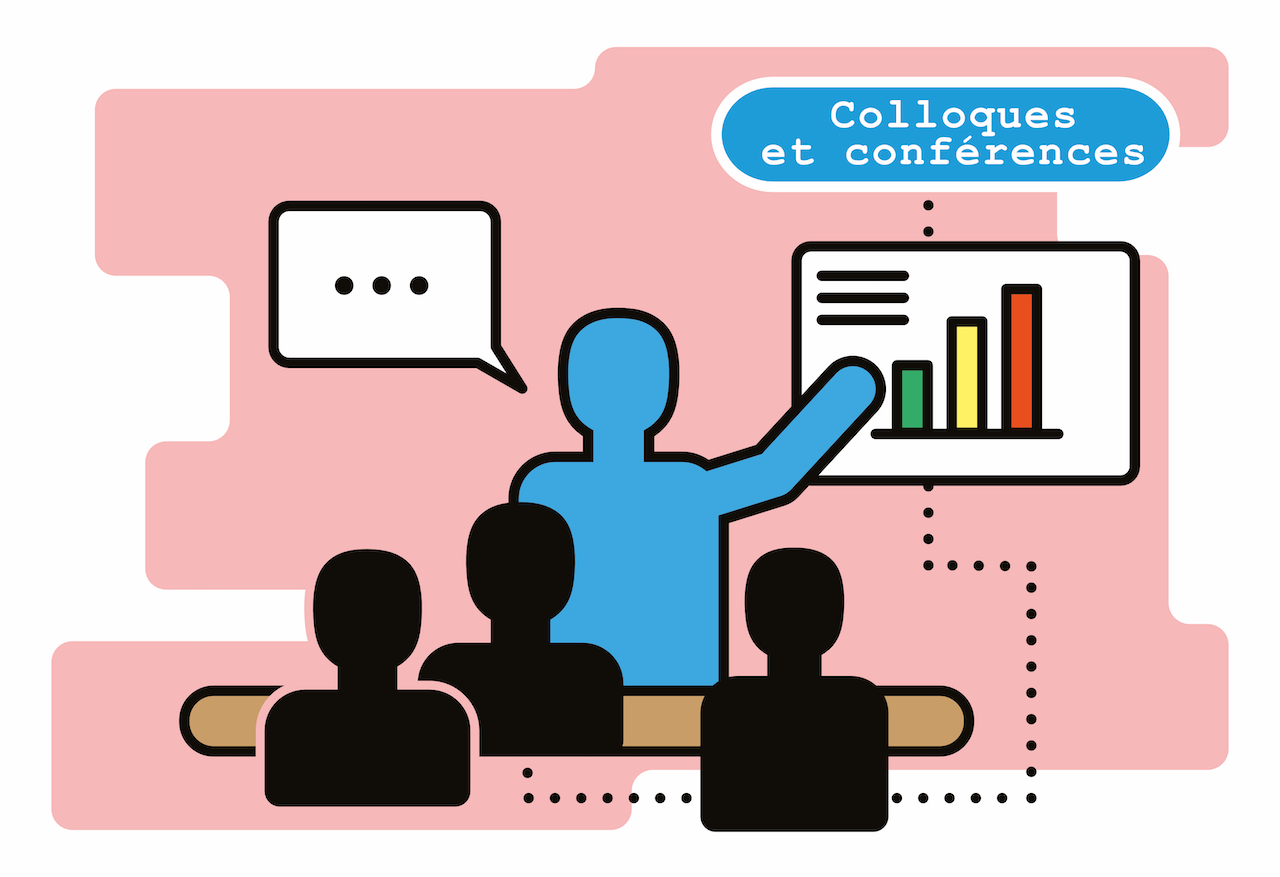Fiche du document
11 septembre 2014
- ISIDORE Id: 10670/1.9e3703...
- hal: hal-02739425
- PRODINRA: 279371
info:eu-repo/semantics/OpenAccess
Sujets proches
Goods, PublicCiter ce document
Philippe Le Coent et al., « Why pay for nothing? An experiment on a conditional subsidy scheme in a threshold public good game », HAL SHS (Sciences de l’Homme et de la Société), ID : 10670/1.9e3703...
Métriques
Partage / Export
Résumé
The voluntary provision of public goods can be boosted by subsidies paid to contributors. This paper compares the performance of two types of subsidy schemes in a threshold public game: an unconditional subsidy paid to each contributor proportionally to his contribution; and a conditional subsidy paid to each contributor only if the public good threshold is attained. Our experimental results show that subsidy schemes are not only effective but also efficient to improve the provision of threshold public goods. In addition, introducing a conditional payment improves the efficiency of the mechanism and in some cases improves its effectiveness, despite identical game-theoretic predictions. By drawing an analogy between agri-environmental contracts and subsidy schemes in threshold public goods, these results suggest that the performance of environmental contracts (such as agri-environmental schemes) could be improved in the case of threshold effects of pollution on the environment by introducing a collective conditionality on contract payments.
